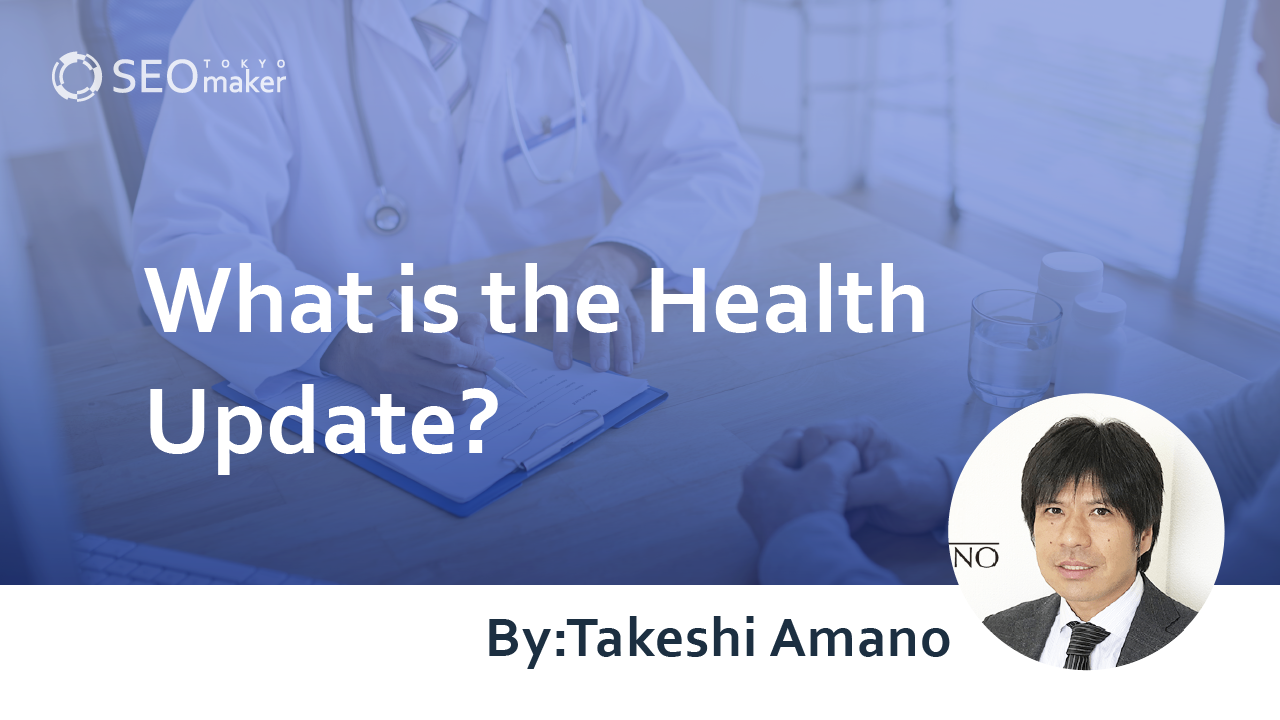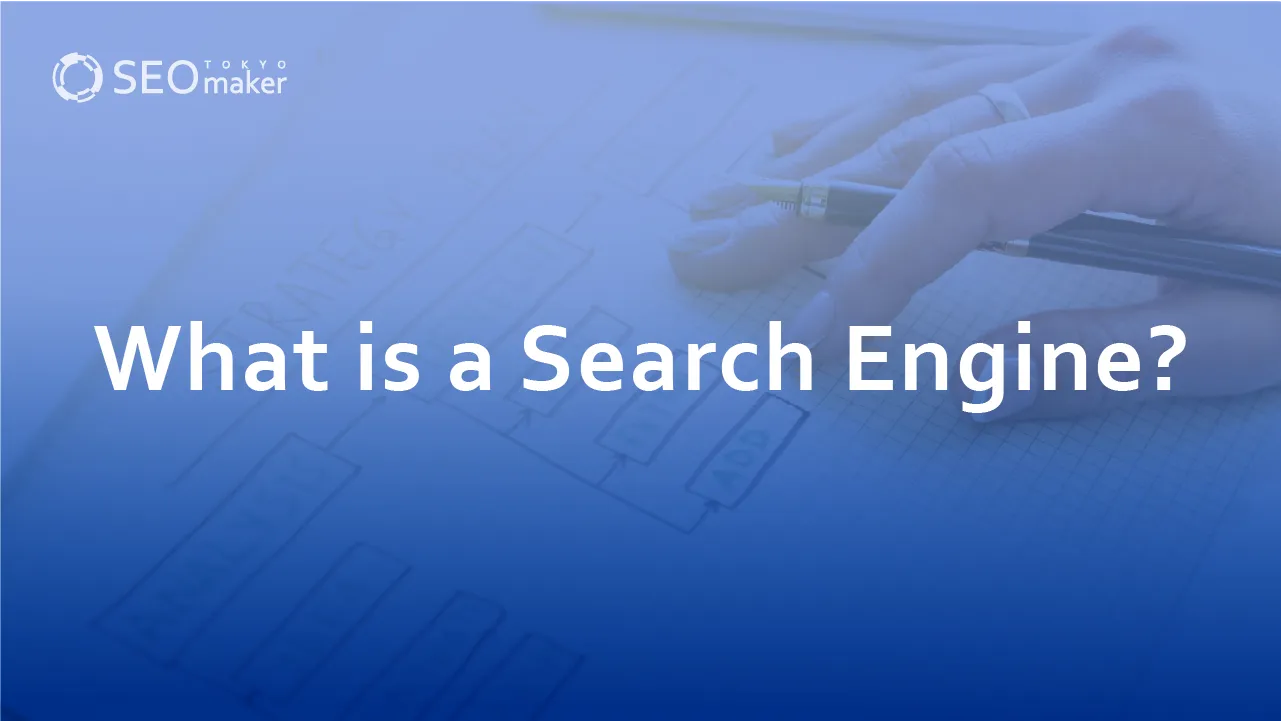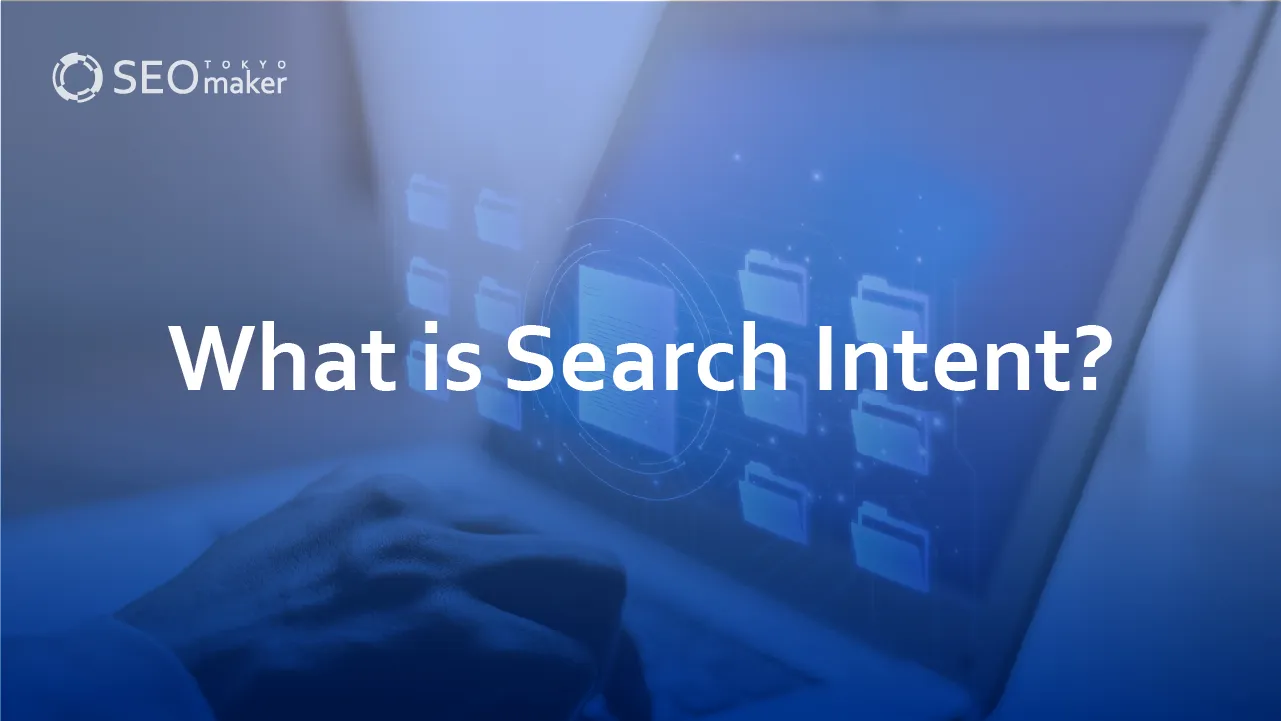What is the Health Update? : Explaining Web Operation Points for Medical and Health Websites
contents
- 1 Background of the Health Update
- 2 Comply with the Pharmaceutical Affairs Law and the Health Promotion Law
- 3 Common Questions About the Health Update
- 4 Summary

It is said that Japanese people have a high interest in the medical and health fields.
In fact, according to the Ministry of Health, Labour and Welfare, Japan’s medical expenses reached approximately 43 trillion yen in 2020, and are expected to rise to about 62 trillion yen by 2030. Additionally, the healthcare industry, including supplements, had a market size of about 25 trillion yen in 2016, which is forecasted to expand to about 33 trillion yen by 2025.
Given this increasing focus on the medical and health sectors in Japan, which has a significant impact on national life, websites operating in this field must disseminate accurate information more diligently than those in other sectors.
Furthermore, web managers in this field need to be aware of Google’s “Health Update” conducted in 2017 to be properly evaluated in SEO .
This time, we will explain the reasons behind this update, what aspects to be careful about to be accurately evaluated by search engines, and other key points.
What is the Health Update?
The Health Update refers to an update implemented on December 6, 2017, specifically for “medical and health-related search results” in Japan. Unlike updates like the Penguin Update that targeted all countries, this was an unusual update implemented only in Japan.
Following this update, medical and health websites that are deemed less trustworthy have seen a decline in rankings, whereas those disseminating information from experts, medical institutions, or official agencies with credible evidence have tended to rise in rankings.
Background of the Health Update
There are two main reasons for implementing the Health Update.
The first reason is the increased opportunity for Japanese people to gather health-related information via the internet. Indeed, according to the “2014 Health, Labour and Welfare White Paper” published by the Ministry of Health, Labour and Welfare, there has been a significant increase in the frequency of internet contact for health information.
Reference Page: 2014 Health, Labour and Welfare White Paper – Ministry of Health, Labour and Welfare
The second reason can be attributed to the 2016 “WELQ scandal” that was widely covered by online media. This incident involved the major internet company DeNA, which was found to be posting a large number of low-quality health-related articles, eventually leading to the closure of the site.
Despite the fact that many Japanese people use the Internet to collect medical and health-related information, there is a risk of health damage to the general public if websites posting incorrect information such as “eating this cures diseases” are ranked highly.
These reasons led to the implementation of the Health Update in Japan.
Impact of the Health Update on Search Results
According to Google, about 60% of health and medical-related keywords are affected by the Health Update.
The update has had a positive impact on credible websites provided by medical professionals and experts, resulting in an upward trend in search rankings. Specifically, websites of medical institutions (eg, hospitals), websites operated by medical professionals (eg, pharmaceutical companies), and government websites (eg, Ministry of Health, Labour and Welfare) are included.
On the other hand, websites whose rankings have declined typically share the following characteristics
- Affiliate links
- Lack of evidence and low credibility
- Information not directly disseminated or supervised by experts
- Simply compilations of information from other sites
After the Health Update, there is a clear demand for more reliable information in this field.
Reference Page: Improving Search Results Related to Medical and Health – Google Search Central
Benefits of the Health Update
For web managers who prioritize user needs, the Health Update offers numerous benefits. Here, we outline these advantages
Gaining Industry-Wide Trust
The medical and health sectors attract the attention of many users. If search results are flooded with false or inaccurate information, the entire industry could lose trust. Conversely, if the information is accurate and useful for users, it enhances the industry’s credibility overall, which can lead to an increase in website visitors and conversion rates.
Accurate Information Reaches Users
If users mistakenly believe incorrect information to be accurate, it can lower the credibility of websites that were originally providing correct information.
For example, if one piece of incorrect health information spreads among users, websites that were providing correct information might be perceived as erroneous. The Health Update reduces the likelihood of such confusion, ensuring more accurate information is conveyed.
Focus on Creating Quality Content
Before the Health Update, companies and individuals who created a large volume of pages with incorrect information often dominated the top of website rankings. Many of these websites were ranked highly due to technical SEO alone and did not necessarily provide useful information to users.
However, after the Health Update, websites operated by those who prioritize reliability and accuracy, and provide quality content useful for users, tend to rank higher. This shift has created an environment where web managers can focus more on producing quality content.
Web Operation Points Considering the Health Update
Although the Health Update was implemented in 2017, there are still many important points relevant to website management in 2023. Here, we organize these points for you. If you are operating a website related to medical and health sectors, please check the following aspects.
Comply with the Pharmaceutical Affairs Law and the Health Promotion Law
When operating a medical and health-related website, it is important to comply with the Pharmaceutical Affairs Law and the Health Promotion Law.
The Pharmaceutical Affairs Law pertains to the quality and safety of pharmaceuticals and cosmetics. When disseminating information in these areas, there are strict rules on how information should be presented. For instance, misleading expressions like “this cures diseases” are prohibited.
Additionally, the Health Promotion Law regulates to ensure that consumers are not provided with incorrect health information. For example, claims such as “effective” or “removes blemishes” without any basis are inappropriate.
When operating a medical and health-related website, adhere to these laws and pay close attention to the accuracy and the way information is presented.
Ensure Reliable Citations and External Links
When creating content, you might cite data or clinical results from other websites. It is crucial to cite from reliable websites.
For example, consider citing from the following sites.
- The Ministry of Health, Labour and Welfare
- The World Health Organization (WHO)
- Academic journals related to medicine and health, such as “The Lancet” and “New England Journal of Medicine”
- University or research institution websites
Make sure to cite from websites that are known for their accuracy and reliability.
Reference Page: What are external links? Detailed explanation of measures and considerations for SEO
Publish the Latest Information
When managing a medical and health-related website, also ensure that the information is up-to-date.
In this field, new research findings, insights, technologies, and treatments are constantly being released. What was once considered correct may now be incorrect. Therefore, as a web manager, keep an eye on the latest information to avoid providing outdated content.
Publish Information About Authors and Operators
Please set up a dedicated page on your website to publicly display information about the operators and authors. Users prioritize knowing who and from where the information originates when judging the credibility and accuracy of a website.
Especially in the medical and health sectors, who is disseminating the information directly affects the accuracy and trustworthiness of that information. As a specific measure, you can communicate the author’s profession, work history, qualifications, and education on a profile page, for instance.
Attach a Supervisor if the Author is Not an Expert
If the author is not an expert in the medical and health fields, make sure to have the content supervised. For example, if posting an article related to food and diet, seek supervision from a registered dietitian.
The supervising expert should check whether the article content is based on the latest scientific evidence and ensure there are no misleading expressions, making corrections and guidance as necessary.
Communicate in Simple Language
Accuracy is particularly crucial for websites in the medical and health sectors. However, the users visiting these websites are not necessarily experts themselves. Therefore, merely prioritizing accuracy and using complex terminology can confuse users.
Thus, include annotations for specialized terms and use common words that ordinary people use, like “stomach ache” or “itchy eyes,” when creating content. Creating user-first content is essential, even in the medical and health sectors.
Common Questions About the Health Update
Here we explain frequently asked questions about the Health Update.
Q: What SEO measures should be taken after the Health Update?
A: A key point is to focus on E-A-T: Expertise, Authoritativeness, and Trustworthiness. Here are the details for each.
Expertise
Content should be created by individuals with expertise. In the context of medical and health websites, this includes doctors and dietitians. If the author is not an expert, consider having the content supervised by one.
Authoritativeness
It is desirable for your website and content to be regarded as authoritative in its field. For example, include qualifications, experience, and achievements of the operators or authors on profile pages as much as possible.
Trustworthiness
Your website needs to offer reliable information. This includes ensuring that the content is legally compliant and based on the latest scientific knowledge.
Reference Page: What is EAT? Thorough explanation of Google’s EAT evaluation criteria and strategies
Q: What should be done with pages that are not ranked?
A: Generally, you may need to rewrite the article from scratch. When doing so, verify that the information on the page is based on the latest findings and is accurate. Refresh the content if it is outdated or incorrect.
Q: What keywords are targeted by the Health Update?
A: The keywords targeted by the Health Update include
- Diseases and medical conditions
- Supplements
- Pregnancy
- Dental care
- Eye care
- Health and beauty products sales
- Massage
Q: Which types of websites saw a decline in search rankings?
A: Websites that solely mass-produced articles and provided thin, unreliable, or inaccurate information have seen their rankings decline. Websites that merely compiled information from other sites and affiliate sites have also experienced declines.
Summary
This session covered the Health Update. This update emphasizes the reliability and accuracy of information. With this update, web managers are striving to deliver useful information to users who find their efforts more likely to be recognized. Use this opportunity to continue focusing on creating user-first content. Also, as the medical and health sectors greatly impact users’ lives and health, as a web manager, you should remain vigilant, keep up with the latest information, and ensure the correct information reaches your users.
Top of Form










![What is a Description? Explaining the Meaning, Writing Style, and Changing Word Count – [2023 Edition]](https://www.switchitmaker2.com/en/wp-content/uploads/2024/09/what-is-description.webp)










